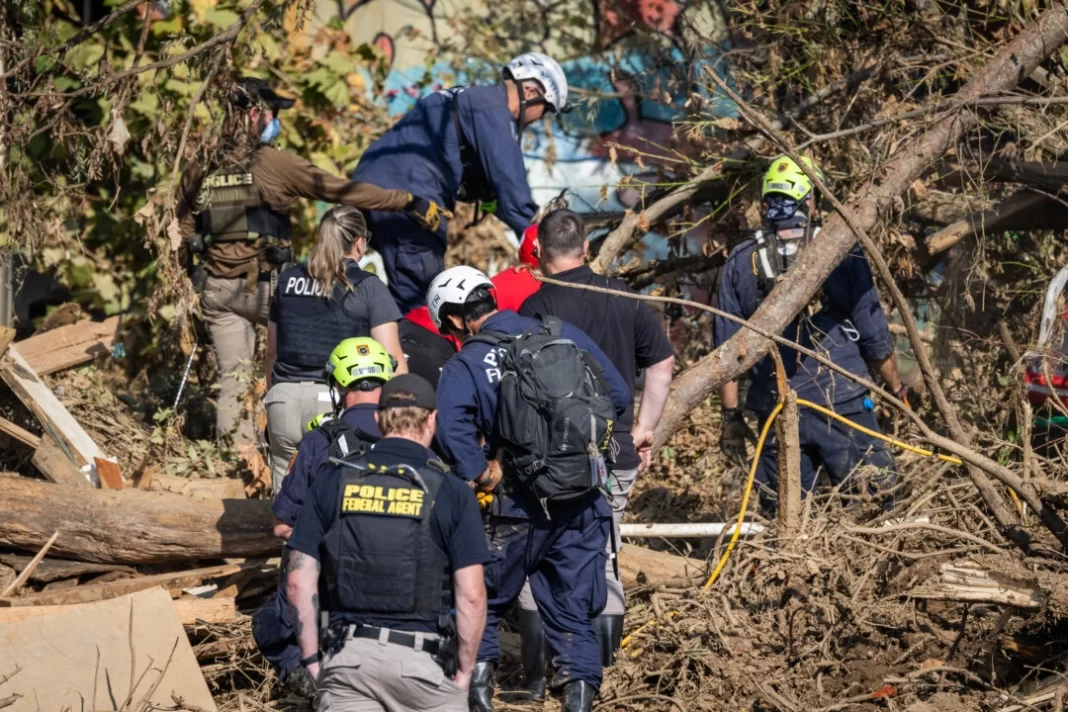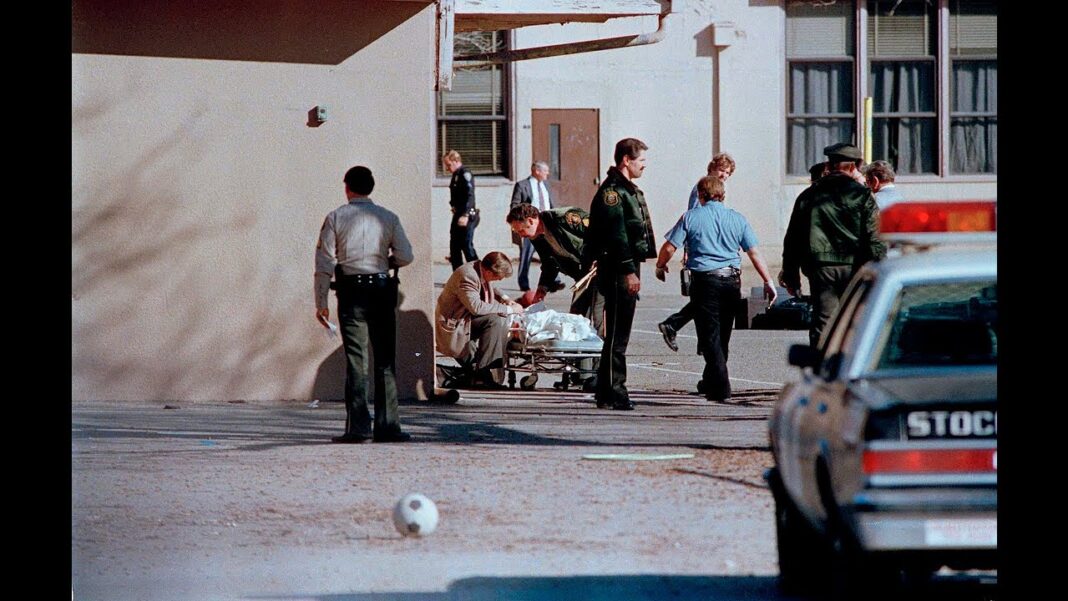‘Neighbors are helping neighbors’ as some are still stranded and need urgent assistance in western North Carolina, locals said.
ASHEVILLE, N.C.—About two weeks have passed since raging floodwaters and landslides from Hurricane Helene reached western North Carolina, devastating urban and rural communities and severely damaging roads, homes, and power sources.
Because hundreds of roads were blocked or completely washed away, rescue crews had to reach victims by mule, horseback, and on foot. Rescue efforts are still underway and continue around the clock.
As of Oct. 7, at least 230 people are known to have been killed by Helene, The Associated Press reported. It is the deadliest mainland hurricane since Katrina in 2005.
Helene made landfall in Florida’s Big Bend region on Sept. 24 as a Category 4 hurricane. It left a swath of destruction throughout the Southeast extending to western North Carolina and eastern Tennessee.
Flooding in western North Carolina eclipsed records that stood for more than a century. The French Broad River in Asheville peaked at 24.67 feet, surpassing the previous record of 23.1 feet from July 1916.
Just before Helene hit, storms drenched Asheville and surrounding western North Carolina towns.
“Communities were wiped off the map,” North Carolina Gov. Roy Cooper said.
Seth Norris is the pastor at Perkinsville Baptist Church in Boone, a mountain town that is home to Appalachian State University and the charitable organization Samaritan’s Purse.
The church has been transformed into a relief center where Norris and his congregation are working alongside Samaritan’s Purse and the North Carolina Baptist Men’s Association to provide food, water, hygiene items, first-aid kits, and other essential items.
“In western North Carolina, if you live on the side of a mountain you might have one way in and one way out. There are entire mountainsides completely gone. It’s still not known how many people are missing because there are so many pockets of communities,” Norris told The Epoch Times.
Rescue efforts are challenging because entire roads are gone or cut off, and people in need cannot be easily reached, he said. Pack mules are being used by some rescue teams to get to stranded survivors.









